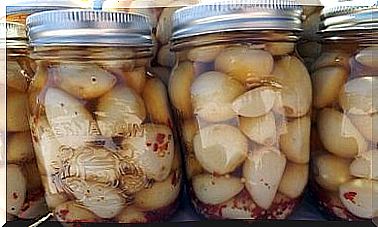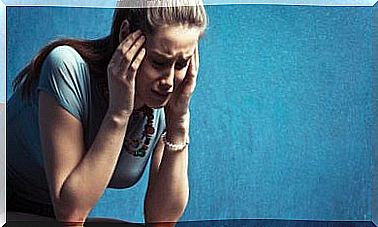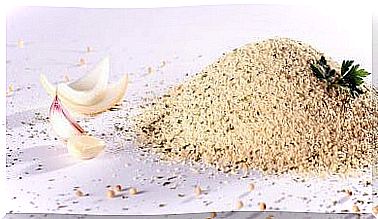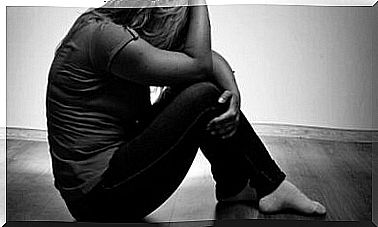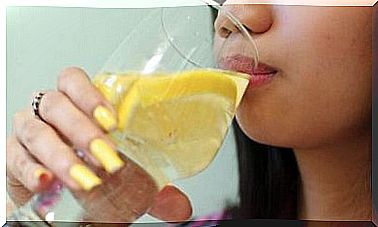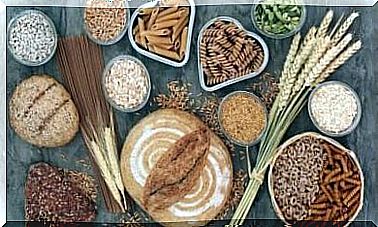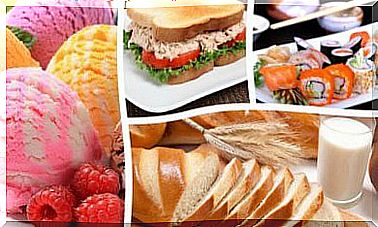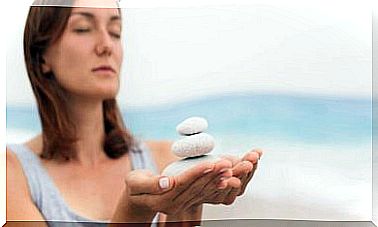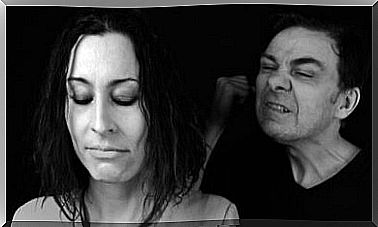Are There Any Foods That Can Cause Kidney Stones?
If you have kidney stones, it is essential to adopt a healthy and specific diet, according to your condition. Food can help eliminate or make the condition worse. In this article, you will learn more about foods that can cause kidney stones.
What To Know About Kidney Stones
Before moving on to information about what foods you should not eat if you are prone to kidney stones, it is good that you know certain aspects of this condition.
A kidney stone forms from microscopic particles known as crystals. For most people, urine compounds prevent the appearance of lumps or stones, but this is not the case in all organisms.
The most frequent type of stone is formed by oxalate and calcium (75% of cases). But each patient may need a different treatment, depending on the stone that has been formed. It also depends on the size and frequency with which it appears.
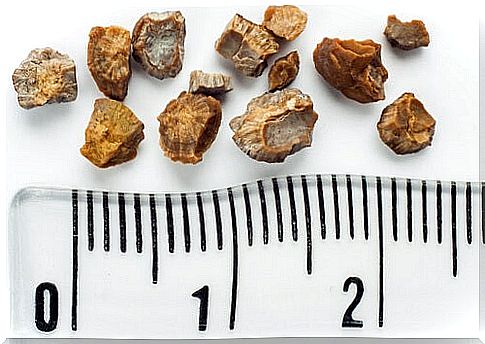
The symptoms or signs of kidney stones are:
- Pain in the lower back (below the ribs) and the side of the spine.
- Severe pain for periods of 20 to 60 minutes.
- Discomfort that hits the abdomen and groin.
- Blood in urine.
- Urine dark and with a very unpleasant smell.
- Pain when urinating.
- Constant urge to urinate (and when you go to the bathroom, you only get rid of a few drops)
- Nausea
- vomiting
- Chills
- Fever (if there is infection)
Food and what can cause kidney stones
The food may be enough so that no new calculations are formed. It is very likely that the doctor prescribes moderate consumption of salt, but also of other nutrients, such as:
- Calcium
- Sodium
- oxalate
- Potassium
- Proteins
In case you suffer from calcium stones, it is vital to stop consuming salt in all its forms (also in very salty or prepared foods). You should also minimize calcium with every meal.
However, you will need to consider that this can cause other problems such as osteoporosis or loss of bone mass.
People who are suffering from oxalate stones need to reduce their consumption of all foods that contain this compound. Among them are:
- peanuts
- Coffee
- Beetroot
- beans
- blackberries
- strawberries
- raspberries
- gooseberries
- Rhubarb
- Grape
- chocolates
- Parsley
- Vegetables (mainly spinach)
- oranges
- Wheat flour
- Beer
- brewer’s yeast
- tofu
- chili
- Nuts
- Sweet potato
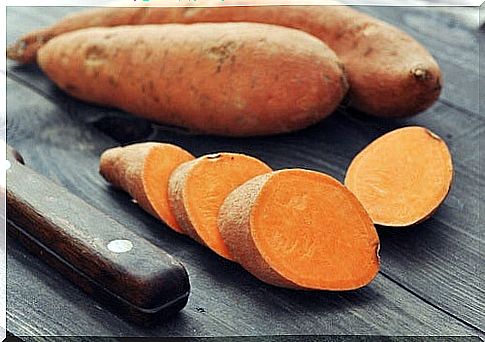
Additional information about food
In turn, it has been proven that eating a diet rich in sugars can be a determining factor in causing kidney stones. This is because they interfere with the metabolism of calcium, magnesium and minerals found in the body.
And pay attention to artificial soft drinks and juices! Even though the label says they are low in calories, they have a good amount of sugar and are not included in the daily amount of fluids we should consume.
For either of the two types of calculation, it is recommended to increase the liquid consumption. This will help prevent the stones, which are found in the kidneys, from growing in size or from forming new stones.
The amount of water to drink will depend on several factors:
- Age
- Weight
- Genre
- Height
- Performed activities
- Time of the year
- Other diseases (obesity, diabetes, cholesterol)
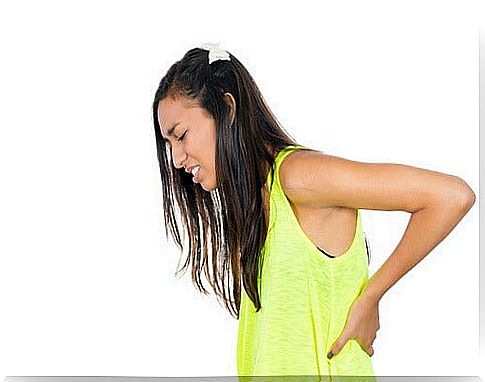
Urine with a lower concentration of waste and with a greater amount of water reduces the risk of causing kidney stones, so it is recommended to drink fluids. In addition to mineral water, you can opt for natural infusions and homemade juices.
An important issue regarding diet is the amount of protein you consume. Several studies have confirmed that animal protein sources can be harmful for people vulnerable to kidney stones.
You don’t have to become a vegetarian, but it’s a good idea to pay attention to the weekly consumption of these types of meats:
- cow
- Chicken
- Pork
- Fish
Eggs and dairy products also have this type of protein. Minimize as much as possible those recipes that contain a lot of milk, cheese or butter.
about vitamins
And what about vitamins? Some may be beneficial, others harmful; and these are the ones that have no bearing on the formation of kidney stones:
- Vitamin B (including niacin, riboflavin and thiamine): do not have harmful effects in patients with kidney stones. Remember that vitamin B2 can make your urine look yellower.
- Vitamin C: Citrus fruits and other fruits and vegetables contain high levels of this vitamin. And while it’s good for warding off the flu and boosting your defenses, it can be one of the causes of kidney stones developing.
Therefore, it is important to reduce the consumption of all foods with a lot of vitamin C.
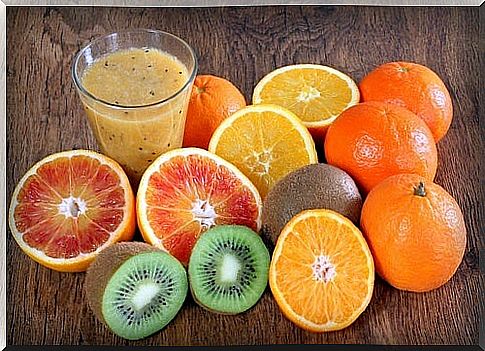
Chapter dedicated to sodium
We’ve already talked a little bit about the consumption of salt, however, it is worth taking advantage of these last lines to inform you that it is the most responsible for causing kidney stones.
These organs must work double or triple when we eat too much salt.
When the doctor advises us to reduce our sodium intake, what we do is stop putting salt in our food. However, many of the products we buy in the supermarket are full of sodium chloride and can harm us.
Among these foods, we can highlight:
- instant soups
- broths
- Sausages
- Ham
- fast food
- breaded food
- Sodium bicarbonate
- Baking powder
After what you’ve read here, pay close attention to the components of each food you consume, as they can cause an increase in kidney stones without you noticing!
